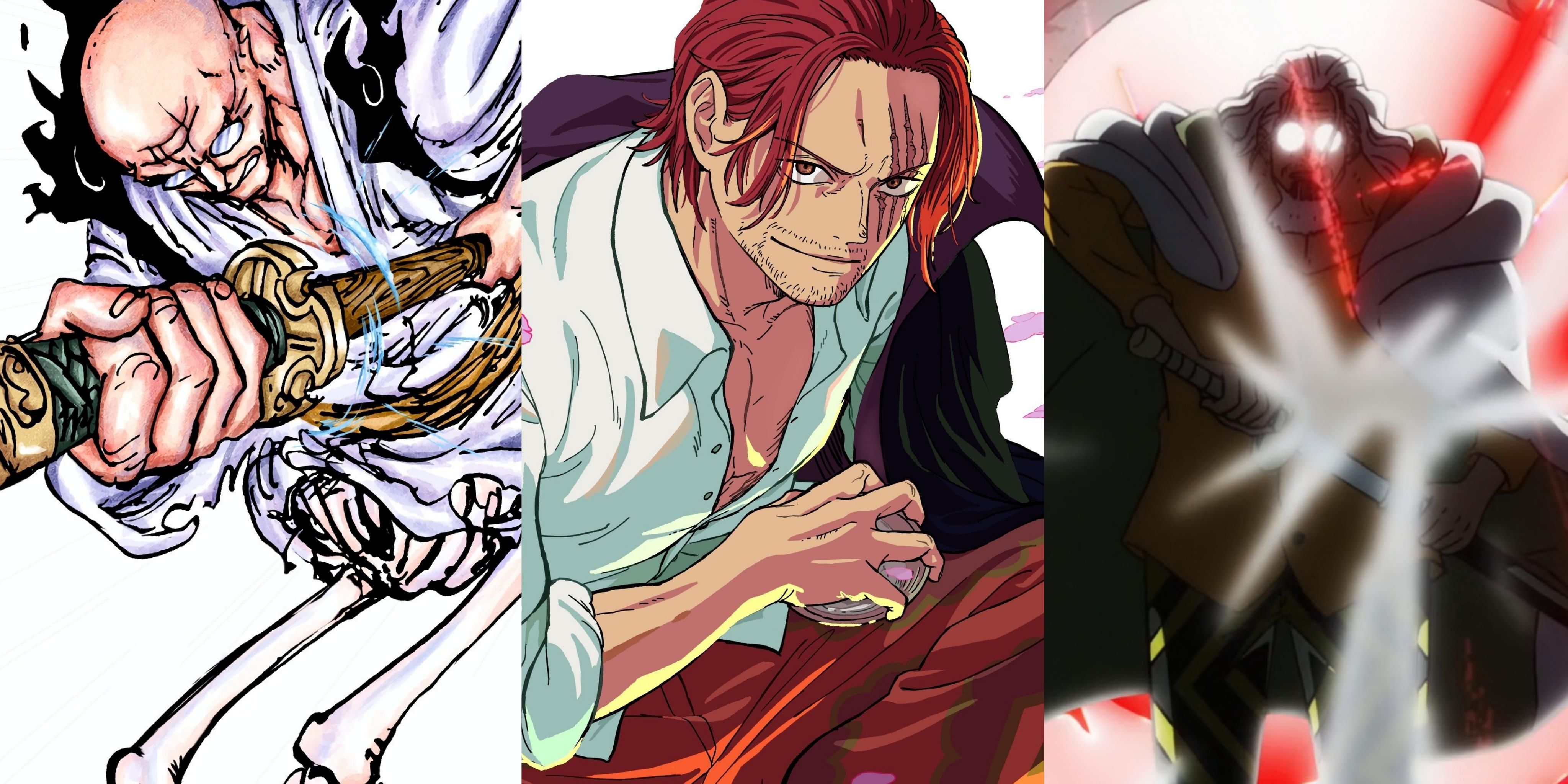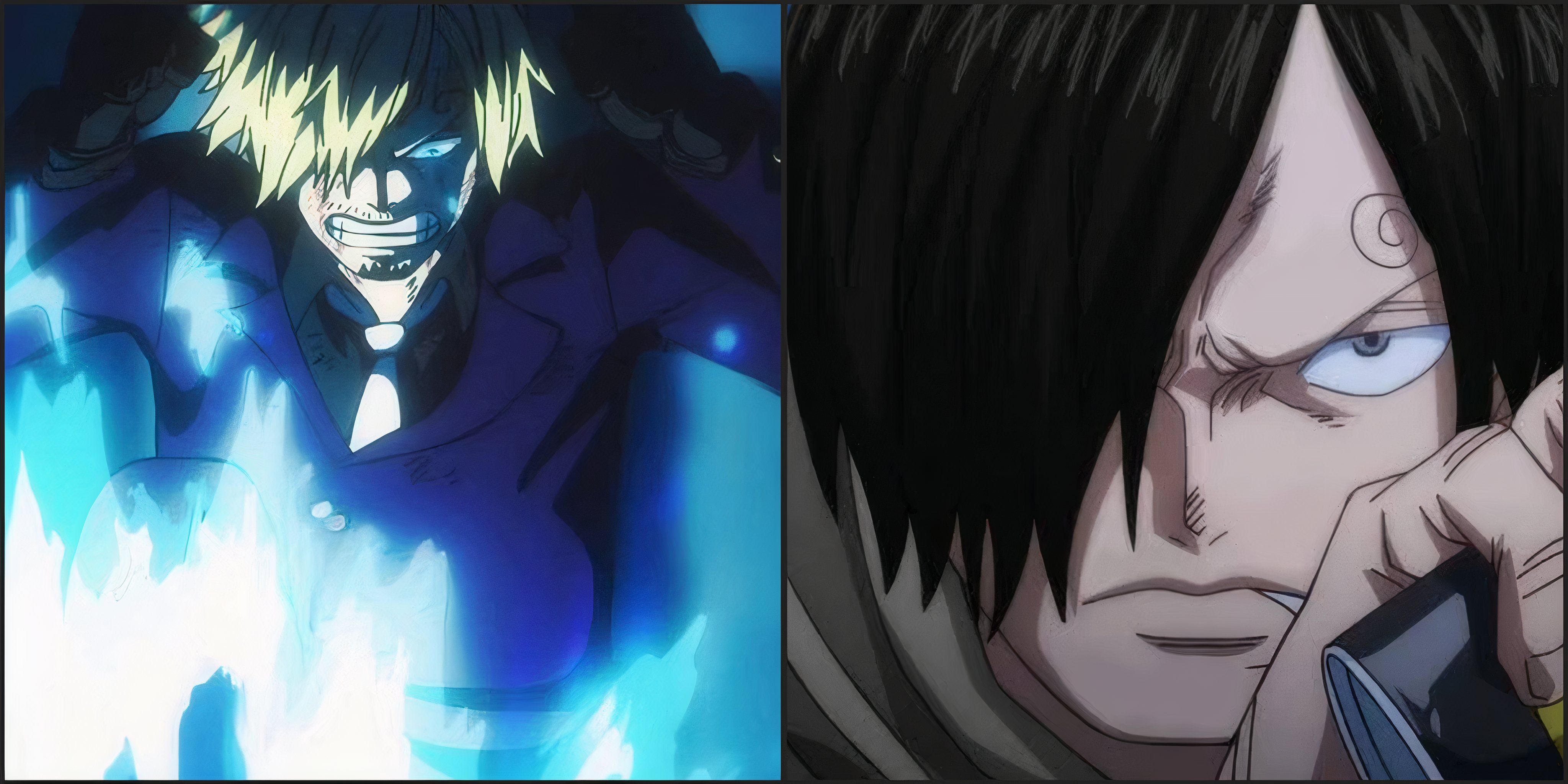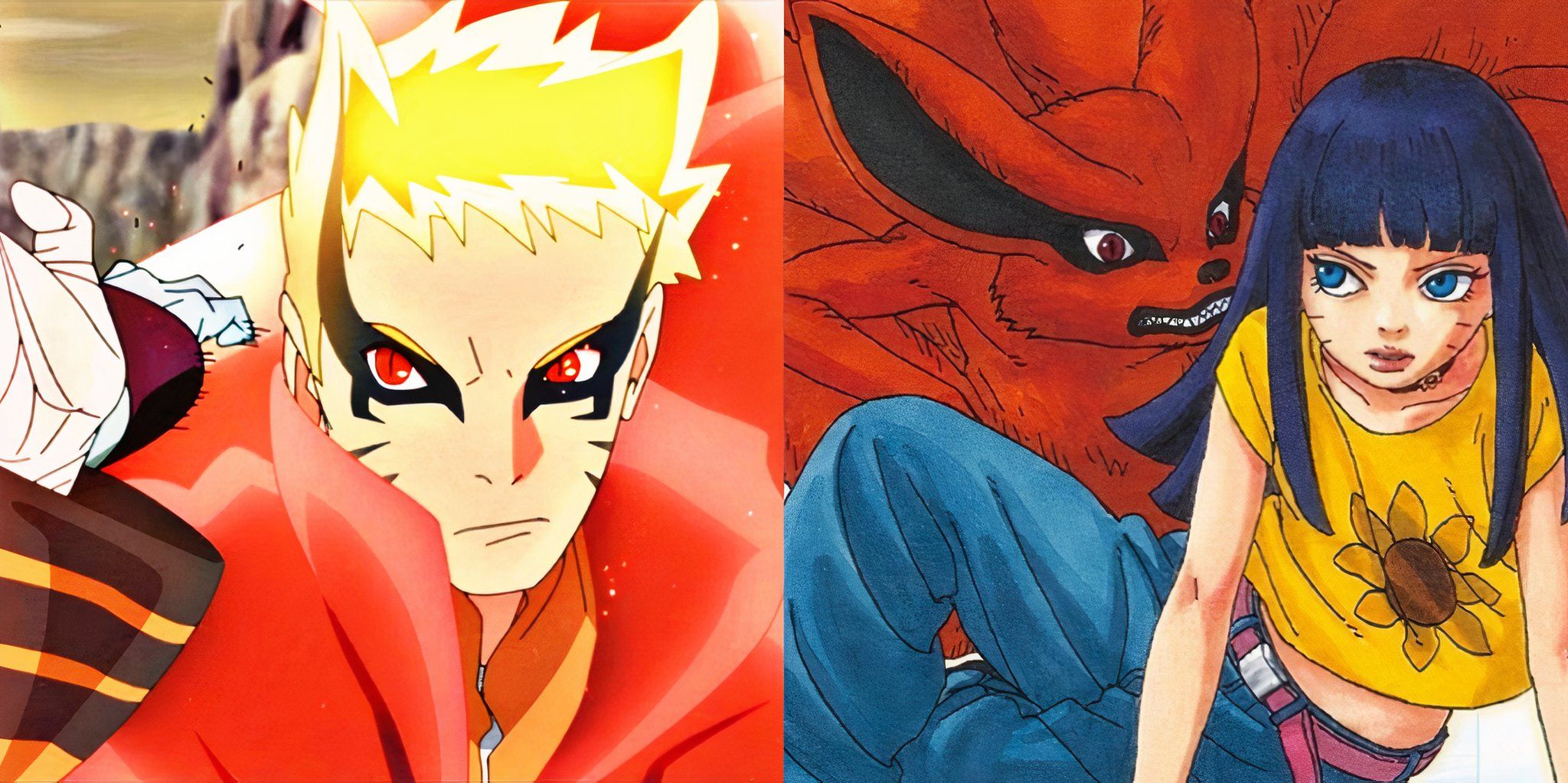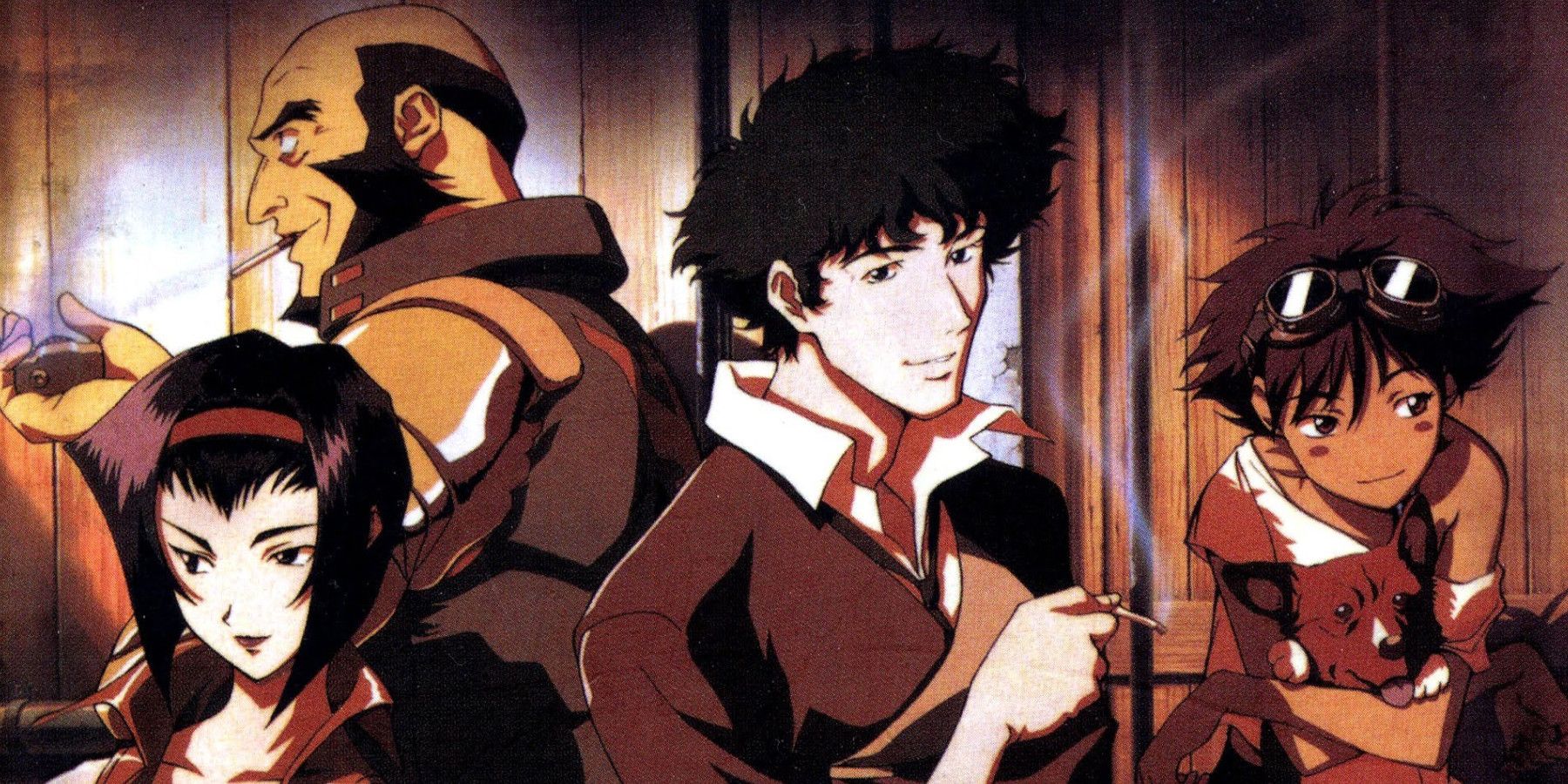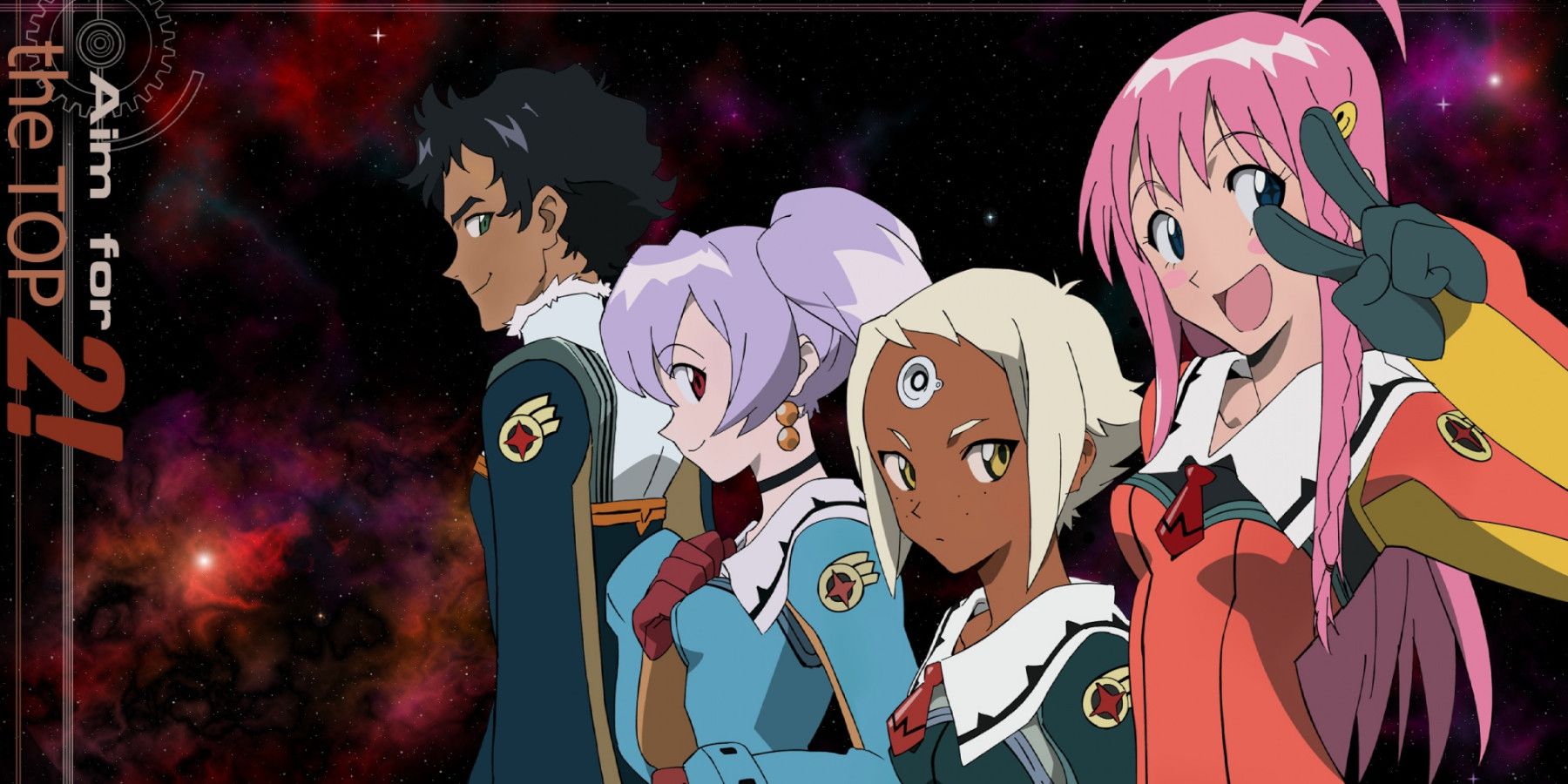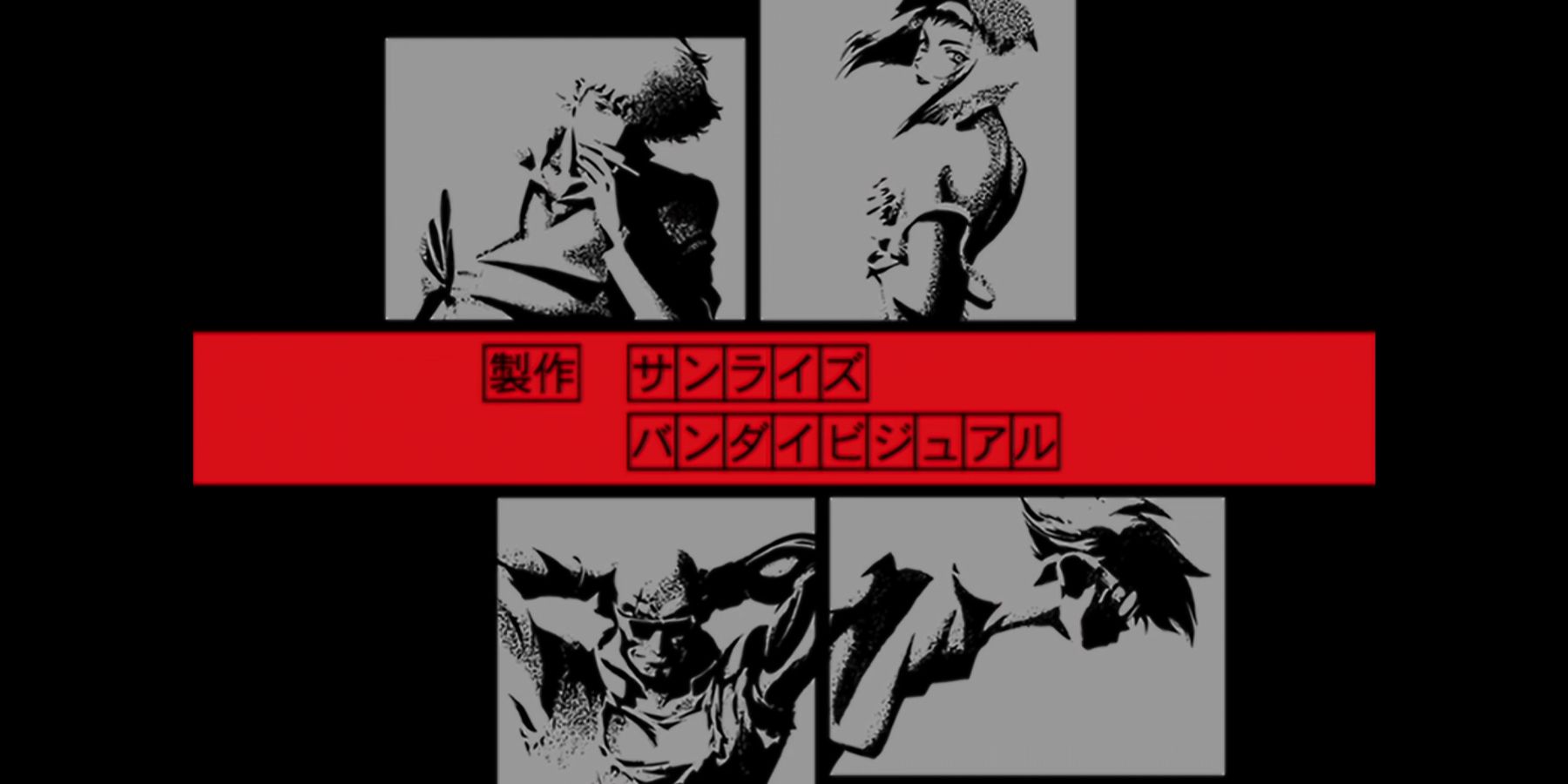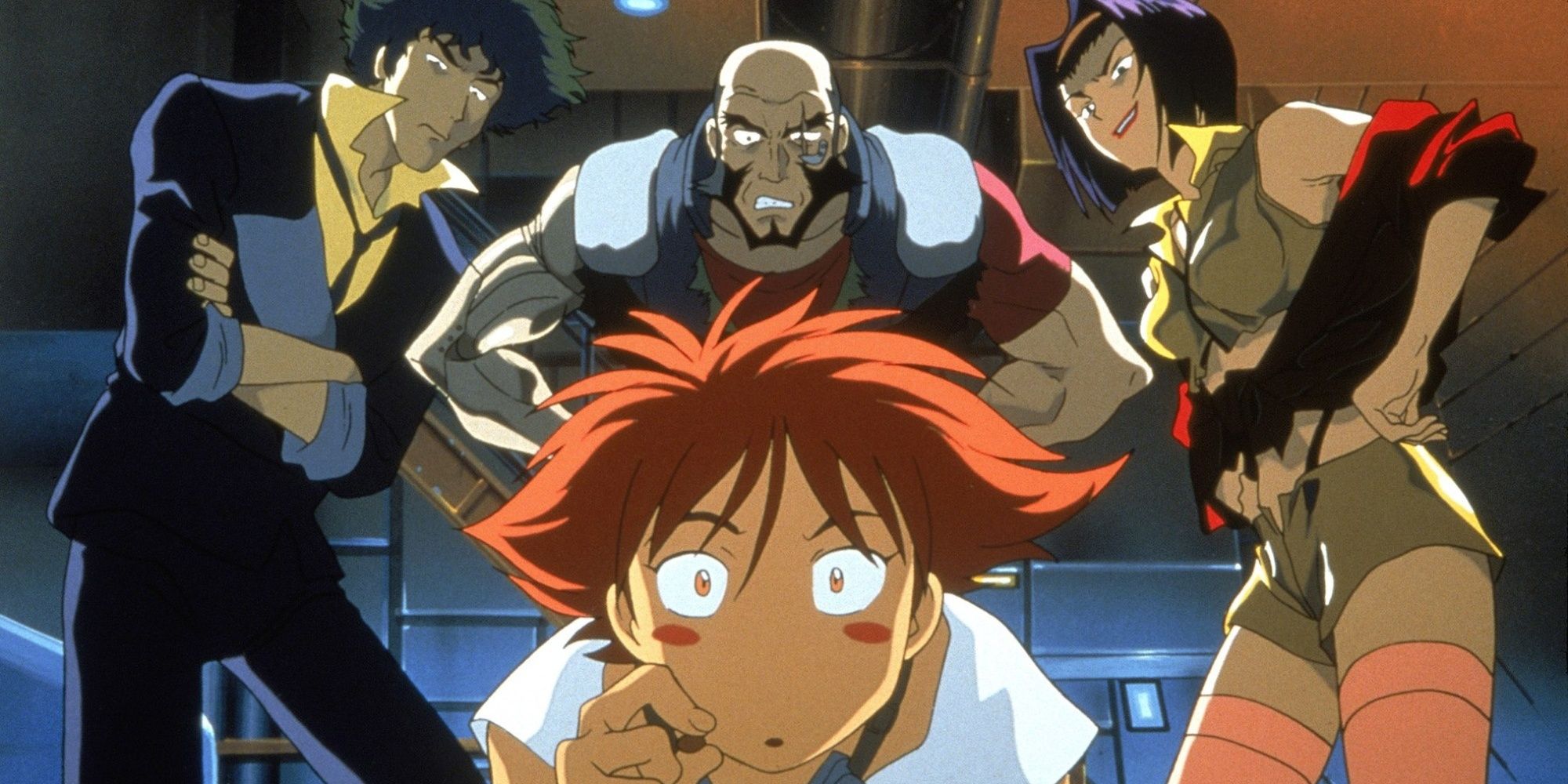Spoilers for Cowboy Bebop Ahead!
At 26 episodes and a feature film, Cowboy Bebop has cemented itself as one of the all-time masterpieces of anime and Shinichiro Watanabe's defining work. It's seen as such a complete work that the idea of some kind of continuation, however tantalizing, feels like a fool's errand bound for disappointment, but if Bebop were to get some kind of sequel, what might make it work?
After Netflix and Tomorrow Studio's stab at a live-action adaptation was met with poor reception and a cancelation mere weeks after the series dropped, fans are less than receptive to new takes on Bebop. But just because something doesn't "need" a sequel doesn't mean that it won't get one, and in some rare, beautiful instances, these follow-ups can be pretty excellent. Think of the biggest franchise that you love and whether it truly "needed" one of its many sequels. Long-running series like Mission Impossible, John Wick, Toy Story, and more have continued despite arguably being complete by the end of their first, third, or further films. Not to mention, stories like Blade Runner 2049 or HBO's sequel to the Watchmen comic series. The point is, a new Bebop isn't impossible, and not all "unnecessary" sequels are the same.
Familiar, But Different
There's a particular flavor of sequels where almost everything is different, but with small but significant touches that help it feel connected to a previous story. The protagonists are typically different and a lot of time will have passed between the stories as is the case in real life for the audience. It's a "spiritual" successor that opens the door to new viewers as an entry point.
One of the best examples of an anime legacy sequel is Aim for the Top 2! Diebuster. Back in 1989, Evangelion director Hideaki Anno made his directorial debut with the six-episode OVA, Aim for the Top! Gunbuster. It's a classic that any fan of Mecha or Anno's work owes it to themselves to check out.
17 years later, Kazuya Tsurumaki, Anno's underling and the director of FLCL, directed Diebuster and it was a very different story. It was set thousands of years in the future with practically little connection to the original besides similar terminology and themes which felt like an incorporation of Gunbuster's messages in exciting new ways.
Diebuster succeeds so well because it uses the original's formula as a starting point, with similar characters assuming similar roles, but then flips those variables, incorporating new ideas. It feels like the distinct vision of an artist, but one that co-opts an established universe to say something new. In Diebuster's case, it actively elevates both stories.
On the other hand, there are the FLCL sequels, which both have been largely considered lacking compared to the original. The consensus seems to agree that the failure wasn't having the same creators attached, but that doesn't sum up the entirety of its shortcomings. A good legacy sequel should be emboldened by a passion similar to the one that spawned the original, but that doesn't necessarily mean recreating the same conditions as well.
Mediums change and evolve; the way anime is made changes, same with popular styles and sensibilities. But if the sequel's success isn't measured by looking or sounding the same, then what matters? As alluded to previously, it's the passion behind the work. FLCL isn't legendary just because it's weird or has a story to be deciphered; it's legendary because of HOW it's made.
The creation of FLCL is as big a part of the art as the art itself. On the flip side, the sequels lack the same heart that really made the series "Fooly Cooly," to begin with. A new Cowboy Bebop won't earn its right to exist because it has a Yoko Kanno soundtrack or a returning voice cast. The series is a vibe that takes time to really pour over what makes it great.
Hello Again, Space Cowboy
On a surface level, fans generally know how it should look and feel. It's set in space, but the cities built on the various planets in our solar system all look grounded and modern, but with a somewhat retro feel like the cities are caught in the 90s. Likewise, the guns look and sound like they've been ripped from the Hollywood action hits of the 80s and 90s.
When there was no space involved, the atmosphere was a marriage between martial arts cinema, film noir, westerns, and films of the 1970s. It could be fun and funny, but there was patience in its dramatic moments and the story had a way of peeling back the layers of its characters, each of whom represented specific fantasies, to reveal flawed humans beneath.
For all its grounded noir qualities, Bebop could be quite in touch with the spiritual, lending its hero's journey a mythic quality to it by the end. This was a series about lonely people running from the past, teetering on the edge of life and death, unsure of the distinction between reality and dreams. The ending was bittersweet but felt fitting for the kind of story it was telling.
For a continuation, it would be best if it felt like its own thing, with a mostly new cast of characters. Maybe they're bounty hunters, maybe not. The world surrounding them should be governed by familiar conventions, albeit evolved in a manner that seems fitting for the time that's passed. But these are guiding principles - they shouldn't ever come off as obligatory inclusions.
The sequel doesn't need to cram in callbacks if there's no thematic point to them. Diebuster took four episodes before it name-dropped a single character from Gunbuster and that restraint let the show forge its own identity. Cameos, if done well, are appreciated, but no one needs to know if Spike really died at the end of the series or not. That was never the point.
Over the years, fans have posed the idea of a story centered around Ed and their continued adventures. What kind of person would they have grown up to be? Ed was the youngest of the crew and the least burdened by their past. If Cowboy Bebop was about characters stuck between dreams and reality, then a sequel has the potential to let its characters wake up, so to speak.
Were it that Cowboy Bebop never got a sequel, it's unlikely that anyone will weep over it, but the idea still has potential. It would likely be wildly different, but it arguably should be. Assuming that a creative team comes along that can give it the best animators possible, all while respecting the human weight of its story, anything is possible.
